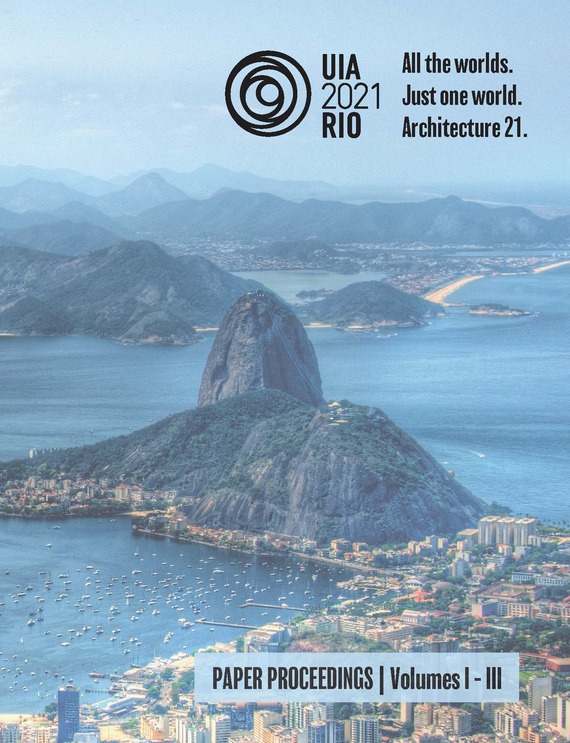Author(s): Diana Carla Rodrigues Lima
The quality of urban spaces depends on the adaptation of urban designs to their climatic context. In Brazil, the master plan is the instrument of municipal governments responsible for regulating urban design. The city of Umuarama in the state of Paraná recently approved a new Master Plan and is developing an Urban Tree Plan. The objective of this research is to verify urban geometry and tree plan influence on the pedestrian thermal stress in urban canyon scenarios in Umuarama, based on microclimate models generated with Envi-MET software. The Physiological Equivalent Temperature (PET) index was used to evaluate the thermal stress. The results showed that the PET tends to be lower in deeper urban canyons with greater green space coverage. Furthermore, this study demonstrated the benefits of computational simulation in the development of municipal plans for the production of climate-oriented urban designs.
Volume Editors
ISBN
978-1-944214-31-9

 Study Architecture
Study Architecture  ProPEL
ProPEL 
